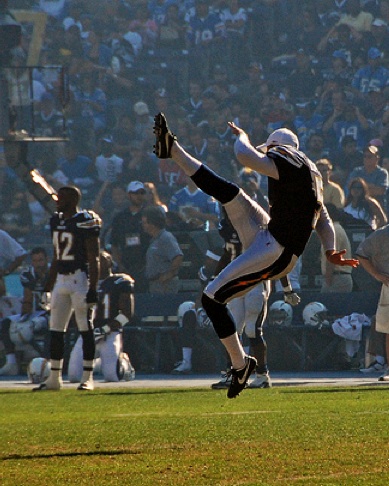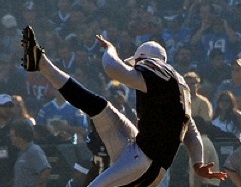
Amazon and other holders of business method patents can breathe easy for now. (One of the most famous business method patents is Amazon’s One-Click shopping cart patent).
In a ruling today, the Supreme Court basically punted on whether or not business method patents, in general, should be upheld. Instead, it ruled narrowly on the business method patent in question in the case, Bilski v. Kappos . That patent was thrown out. In that sense, it affirmed an earlier U.S. Federal Appeals Court ruling.
But the Court also warned people not to read to much into its decision. As Mike Masnik at TechDirt explains:
Basically, the court just said it would rule on this particular patent and not make any real statements on the overall patentability of business methods or software. So, in effect, it’s no real change on how the patent system works.
The debate around business method patents revolves around whether or not business models or features of business models can be considered to be a “process,” and thus patentable. (Most software patents are also described as a “process” or “method” because originally patents were described in terms of mechanical inventions so they all get shoehorned into that language). At least one Justice, retiring Justice Stevens, concludes in a concurring (but not the majority) opinion that a “business method is not a ‘process.'” Most sane people would tend to agree.
The other Justices in the majority, however, didn’t go so far. It looks like we are stuck with business method patents for now. Sigh.
Photo credit: Flickr/Jon Oropeza
